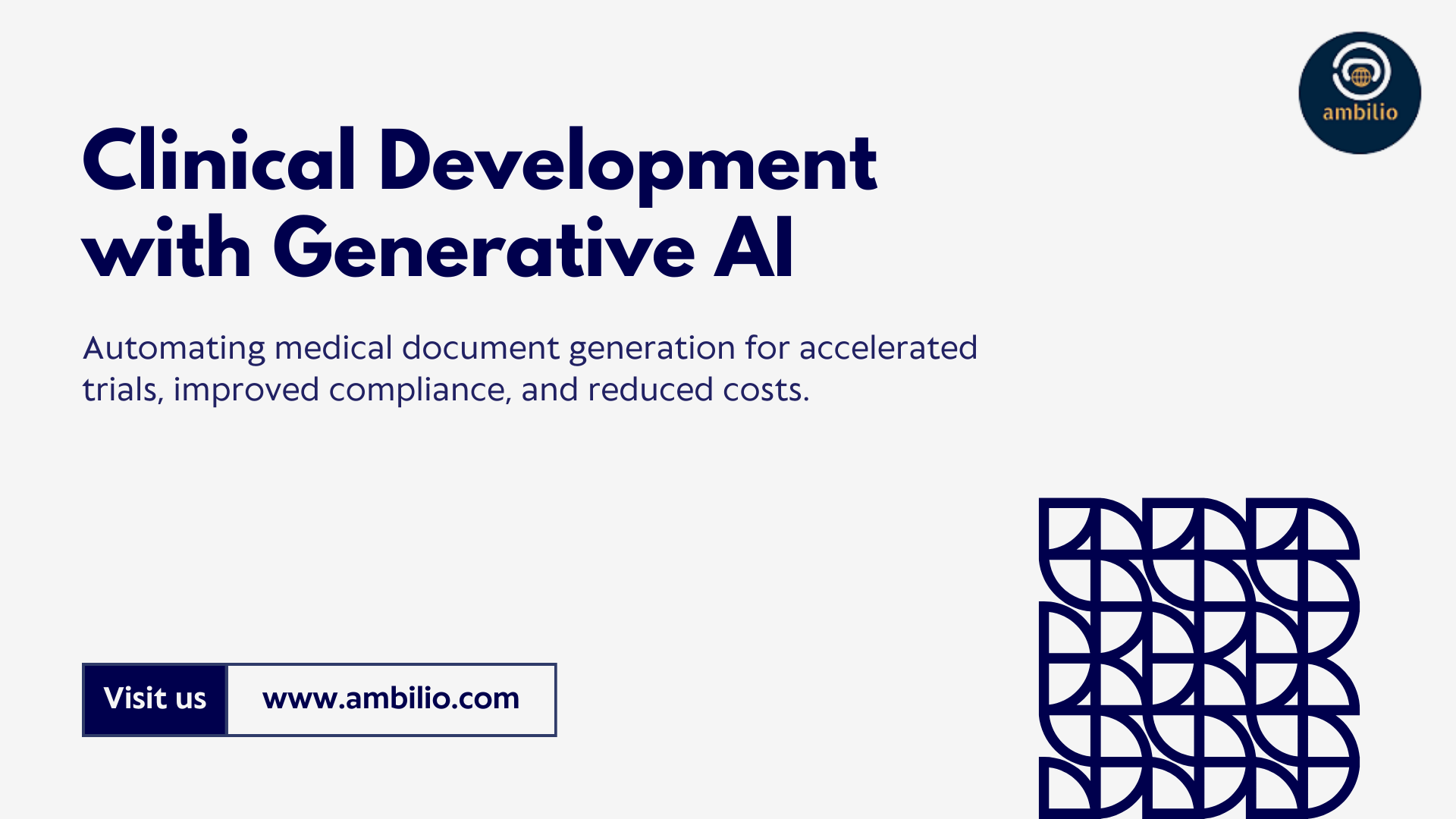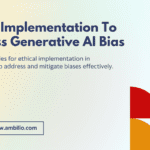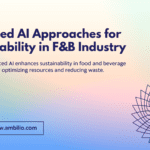The pharmaceutical industry has long relied on clinical trials to assess the safety, efficacy, and regulatory approval of new drugs. However, the process of conducting clinical trials is complex, time-consuming, and resource-intensive. One of the major bottlenecks in clinical development is the extensive documentation required at every stage of the trial. From study protocols to informed consent forms and clinical study reports, pharmaceutical companies must generate a significant volume of documents to comply with regulatory standards, ensure transparency, and report trial results accurately.
With the advent of Generative AI and Large Language Models (LLMs), the landscape of clinical trial documentation is undergoing a transformative shift. By automating the creation of critical documents, Generative AI is helping pharmaceutical companies streamline clinical development processes, reduce delays, and ultimately accelerate the delivery of new drugs to market.
This article explores the challenges faced in traditional clinical development, how Generative AI can address these problems, the benefits of automation, and the potential return on investment (ROI) for pharmaceutical companies adopting this technology.
The Problems in Clinical Development
Clinical trials are essential for drug development, but they are fraught with several challenges that slow down the process:
- Time-Consuming Documentation: The preparation of detailed, precise, and compliant documents is a significant task. Study protocols, investigator brochures, safety reports, and regulatory submissions require careful crafting and compliance with specific guidelines. Traditionally, these documents are written by medical writers, often taking weeks or months to complete, depending on the complexity of the trial.
- Manual Errors and Inconsistencies: Manual document generation increases the likelihood of errors, such as missing data, non-compliance with regulatory requirements, or inconsistent formatting. These mistakes not only delay approvals but can also compromise the quality of the study.
- Regulatory and Compliance Burden: Regulations governing clinical trials vary between regions, and ensuring compliance with the most up-to-date guidelines is a significant challenge. Clinical documents must meet strict standards, and any oversight can lead to delays or rejections by regulatory bodies such as the FDA or EMA.
- Frequent Updates to Protocols: As clinical trials progress, protocols often require updates based on interim results or changes in regulatory requirements. Managing these revisions across multiple documents, while ensuring consistency, is a time-consuming process.
- Resource Allocation: The need for highly specialized personnel, such as medical writers and regulatory experts, increases costs. With growing competition and an increasing number of trials, the demand for such experts is rising, further straining pharmaceutical companies’ resources.
How Generative AI Can Address These Problems
Generative AI, powered by LLMs such as GPT-4, offers a powerful solution to these challenges by automating the creation of clinical documents. By leveraging vast amounts of data and templates, these AI systems can generate high-quality, accurate, and compliant documents in a fraction of the time it takes human writers. Here’s how Generative AI addresses the key pain points:
- Automated Document Creation: AI models can generate clinical study documents such as study protocols, informed consent forms, and clinical study reports with minimal human intervention. These models use pre-existing templates and past trial data to craft documents that meet regulatory standards. As a result, the time required to draft these documents is drastically reduced, from weeks or months to just days.
- Enhanced Accuracy and Consistency: AI models are trained to follow predefined guidelines and templates, ensuring that the documents are not only accurate but also consistent across the board. Since these systems operate based on rules and data, they minimize human errors, ensuring that all documents adhere to regulatory requirements and are free from inconsistencies.
- Regulatory Compliance: Generative AI systems are designed to stay updated with the latest regulatory guidelines. Whether it’s the FDA, EMA, or other regional regulatory bodies, these AI models can ensure that all documents are compliant with the most current standards. This minimizes the risk of rejections due to non-compliance and speeds up the approval process.
- Efficient Revisions and Updates: When a clinical trial protocol needs to be revised, AI can quickly update the relevant documents, ensuring consistency across the entire trial. AI-driven systems can generate real-time updates based on new data, interim results, or regulatory feedback, eliminating delays caused by manual revisions.
- Scalability: As the number and complexity of clinical trials increase, pharmaceutical companies can leverage AI to scale their documentation efforts efficiently. AI systems can generate documents for multiple trials simultaneously, without the risk of overwhelming human writers. This scalability is crucial for companies managing numerous drug candidates and trials at different stages of development.
Benefits of Automating Clinical Document Generation
The use of Generative AI in clinical development offers several key benefits:
- Time Efficiency: AI can reduce the time required for medical document creation by up to 30%. This means that pharmaceutical companies can move more quickly through the clinical trial process, enabling faster time-to-market for new therapies. In an industry where delays can cost millions of dollars, this acceleration is a significant advantage.
- Cost Savings: Automating document generation reduces the need for large teams of medical writers and regulatory experts. By freeing up resources, pharmaceutical companies can redirect these savings to other critical areas, such as research and development or patient recruitment.
- Improved Compliance: AI ensures that all documents adhere to regulatory guidelines, reducing the likelihood of rejection or the need for resubmissions. Compliance with regulatory standards is a key factor in speeding up drug approval, and AI-driven systems make it easier to meet these standards consistently.
- Reduced Risk of Errors: The elimination of human error through automation leads to higher-quality documentation. This improves the overall integrity of the clinical trial and reduces the risk of delays caused by mistakes that require corrections or additional clarifications.
- Scalability: AI systems can handle the increased complexity of modern clinical trials. As pharmaceutical companies conduct more trials, AI allows them to scale their operations without compromising quality or speed.
- Enhanced Strategic Focus: By automating routine documentation tasks, clinical teams can focus more on strategic decision-making, such as study design, data analysis, and patient engagement. This shift in focus enables companies to innovate and improve the overall quality of their clinical trials.
Return on Investment (ROI) for Pharmaceutical Companies
The ROI of implementing Generative AI in clinical development is significant. By reducing the time and resources needed for document generation, pharmaceutical companies can accelerate their clinical trial timelines and bring new drugs to market faster. Faster time-to-market translates into higher revenue potential, as companies can capitalize on market opportunities sooner and extend the patent life of their products.
Moreover, the cost savings achieved through reduced manpower and improved efficiency directly impact the bottom line. AI-driven automation also reduces the risk of costly regulatory delays or rejections, further enhancing the ROI.
For companies conducting multiple trials or operating in highly competitive therapeutic areas, the ability to scale documentation efforts and maintain a high level of compliance and quality provides a distinct competitive advantage. This advantage becomes particularly valuable in the race to develop new treatments and therapies in areas such as oncology, rare diseases, and personalized medicine.
Conclusion
Generative AI is poised to revolutionize clinical development by automating the creation of essential medical documents. By addressing the time, cost, and compliance challenges inherent in traditional document generation, AI offers pharmaceutical companies a powerful tool for accelerating clinical trials, reducing costs, and improving the overall quality of their research efforts.
As the pharmaceutical industry continues to embrace digital transformation, adopting Generative AI for clinical document generation will be key to staying competitive, delivering new therapies to patients faster, and driving innovation in drug development.



